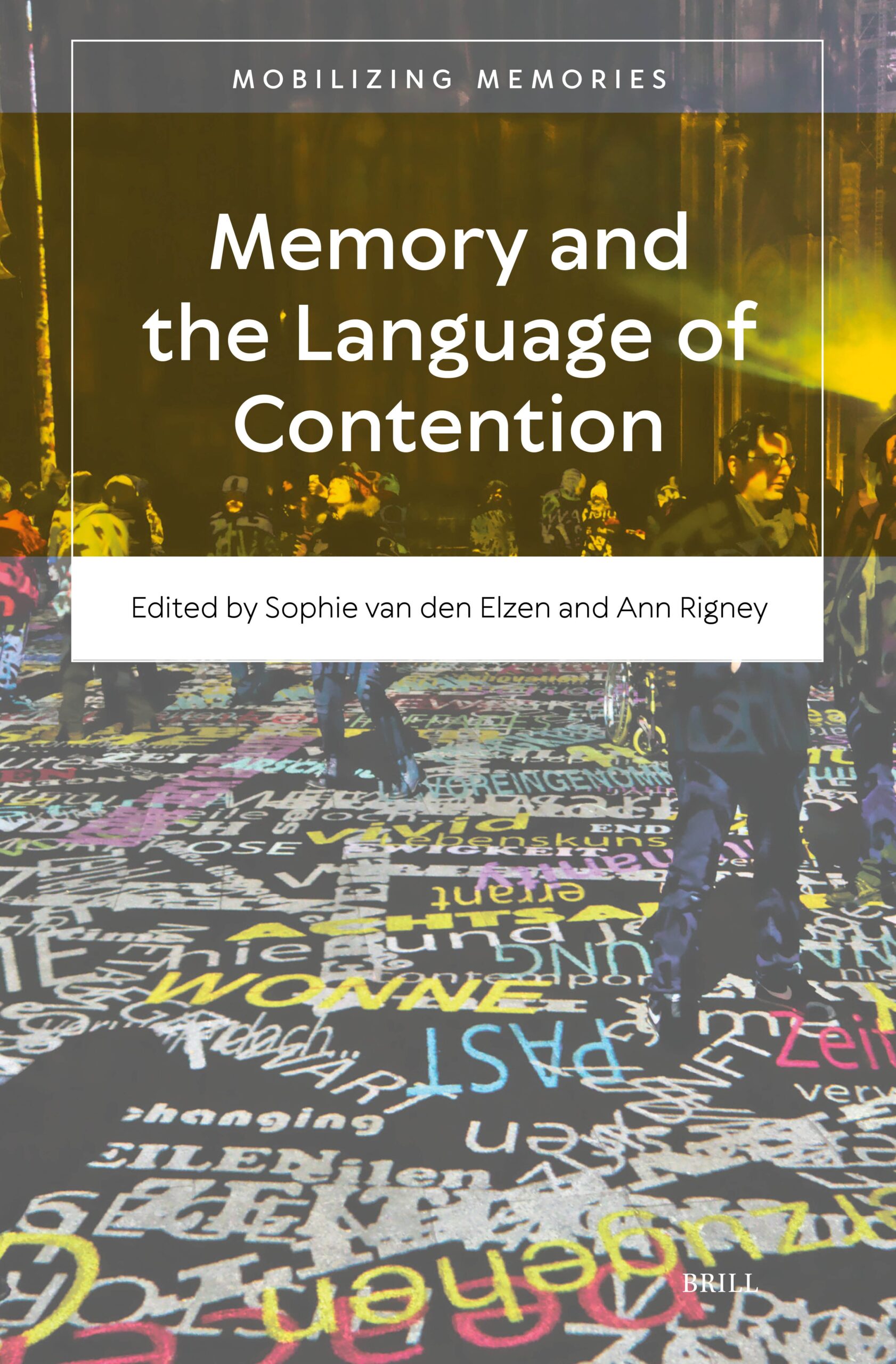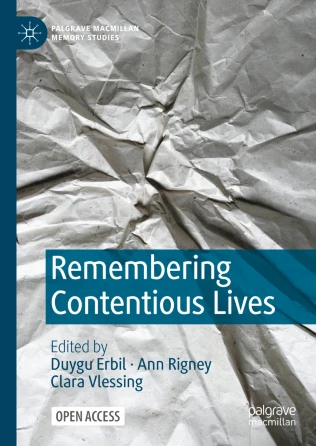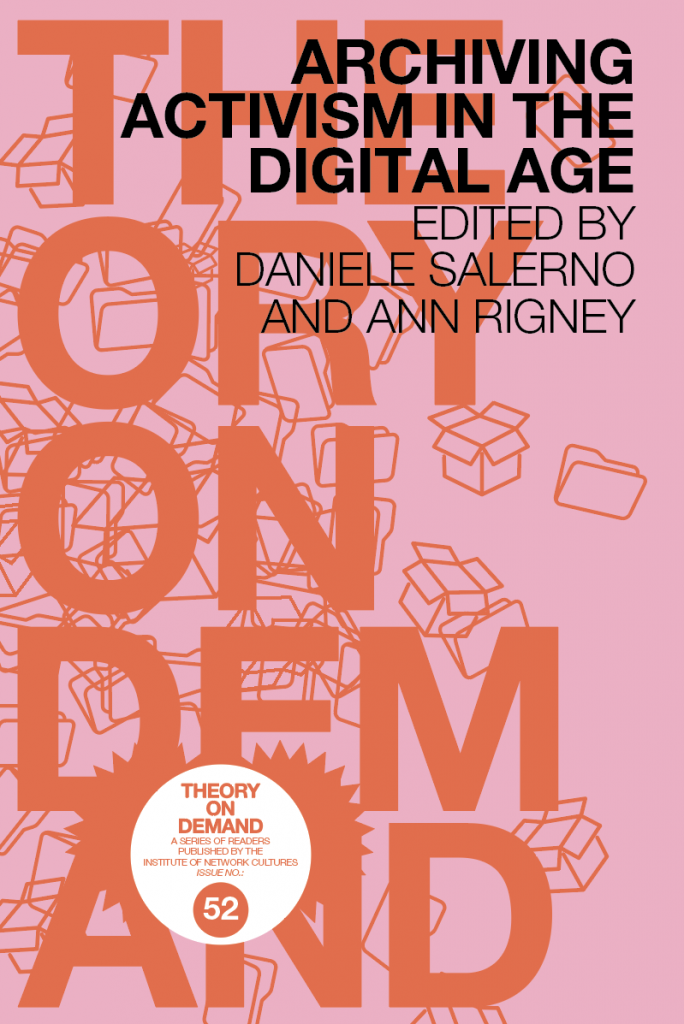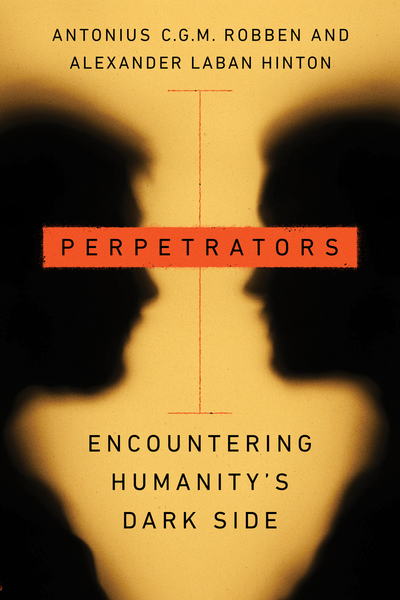Publications

Memory and the Language of Contention
Edited by Sophie van den Elzen and Ann Rigney. How does language shape the memory of activism? And how do memories, of hope or of repression, inflect the language used by social movements in the present day? This edited volume, featuring international scholars across literary and cultural studies, anthropology, legal studies, and linguistics, shows how…
Read more
Remembering Contentious Lives
Edited by Duygu Erbil, Ann Rigney, and Clara Vlessing. This collection addresses two interrelated questions: How are the lived experiences of contention remembered in the form of auto/biography? How is life writing, as an act of cultural remembrance, used in activism? Building on cutting-edge scholarship on the socio-political potential of narrating lived experience, this volume…
Read more
Dynamics, Mediation, Mobilization: Doing Memory Studies with Ann Rigney
Edited by Astrid Erll, Susanne Knittel, and Jenny Wüstenberg. Dynamics, Mediation, Mobilization provides an accessible overview of cultural memory studies, a field substantially shaped by Ann Rigney. In more than sixty short chapters, leading and emerging scholars in the field present key concepts for the study of cultural memory – from ‘divided narratives’ to ‘the platformization…
Read more
Archiving Activism in the Digital Age
Edited by Daniele Salerno and Ann Rigney. The archiving of social movements has long contributed to their cultural impact. Given the wide availability of digital tools for the making and storing of records, ‘autonomous’ archiving is today becoming a significant part of the activist toolkit itself. In parallel, professional archiving has undergone change, leading to…
Read more
Perpetrators: Encountering Humanity’s Dark Side
Perpetrators of mass violence are commonly regarded as evil. Their violent nature is believed to make them commit heinous crimes as members of state agencies, insurgencies, terrorist organizations, or racist and supremacist groups. Upon close examination, however, perpetrators are contradictory human beings who often lead unsettlingly ordinary and uneventful lives. Drawing on decades of on-the-ground…
Read more
